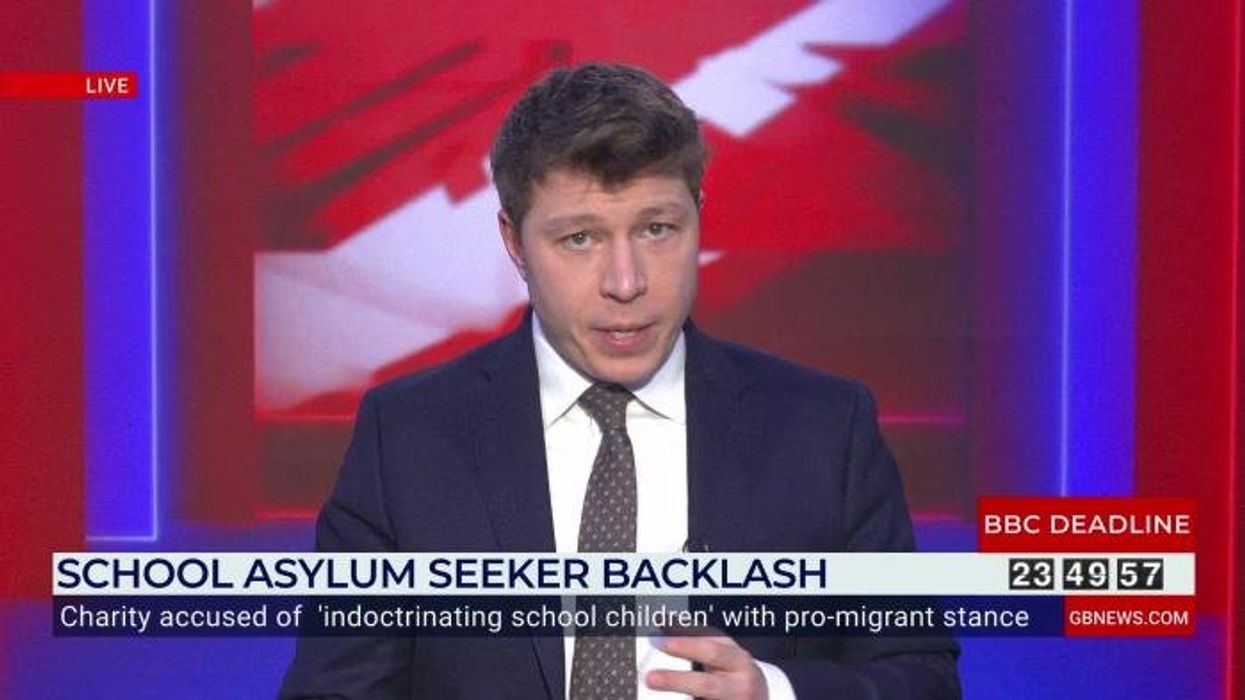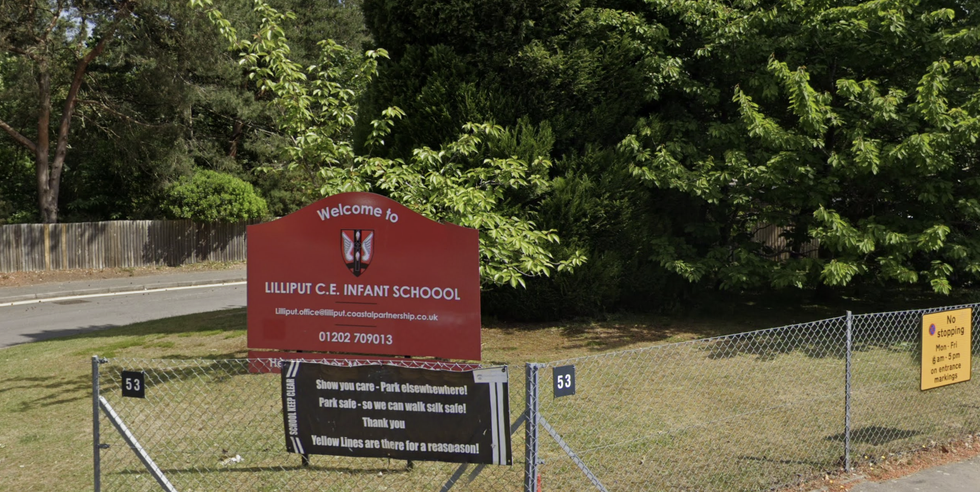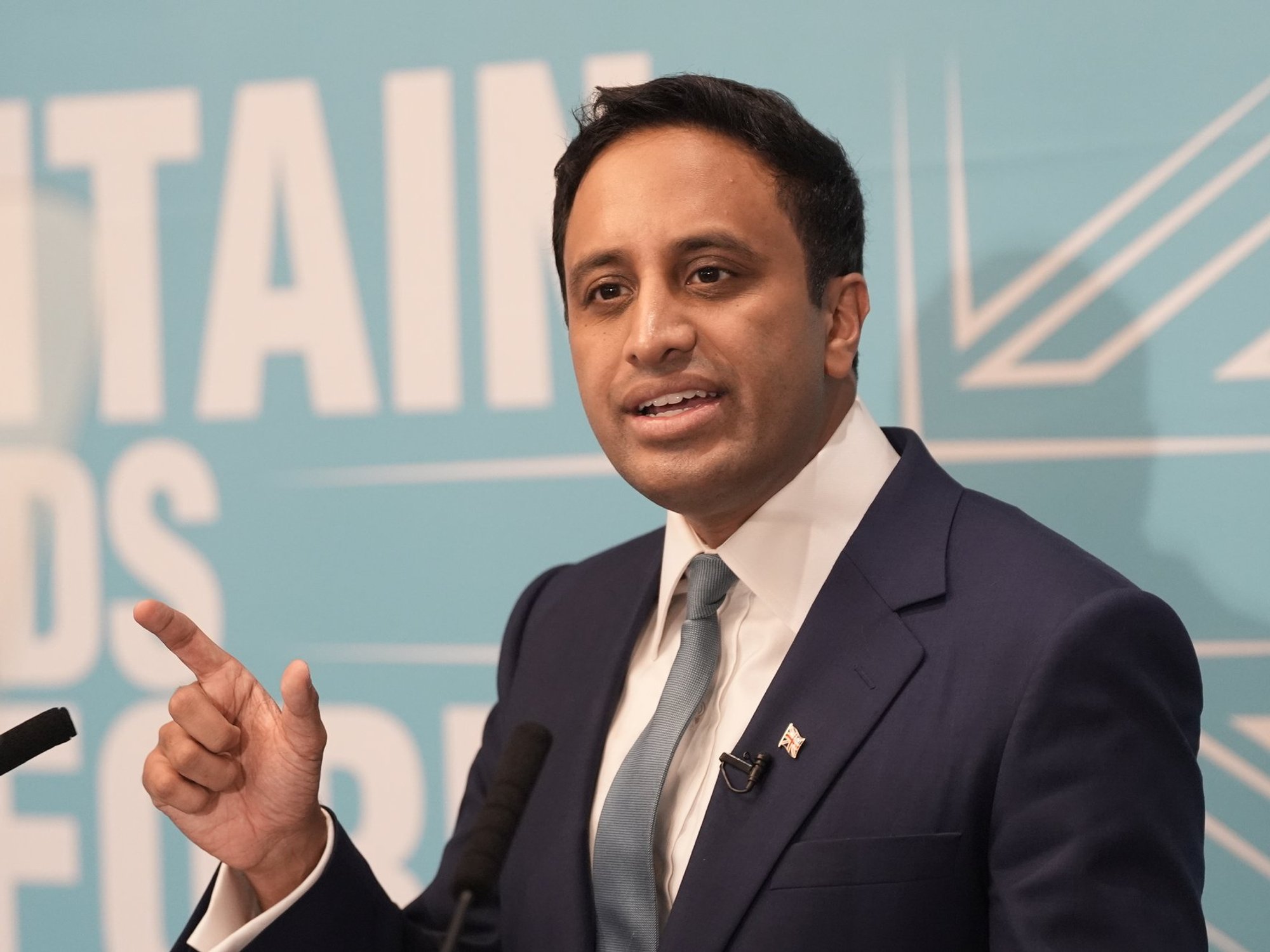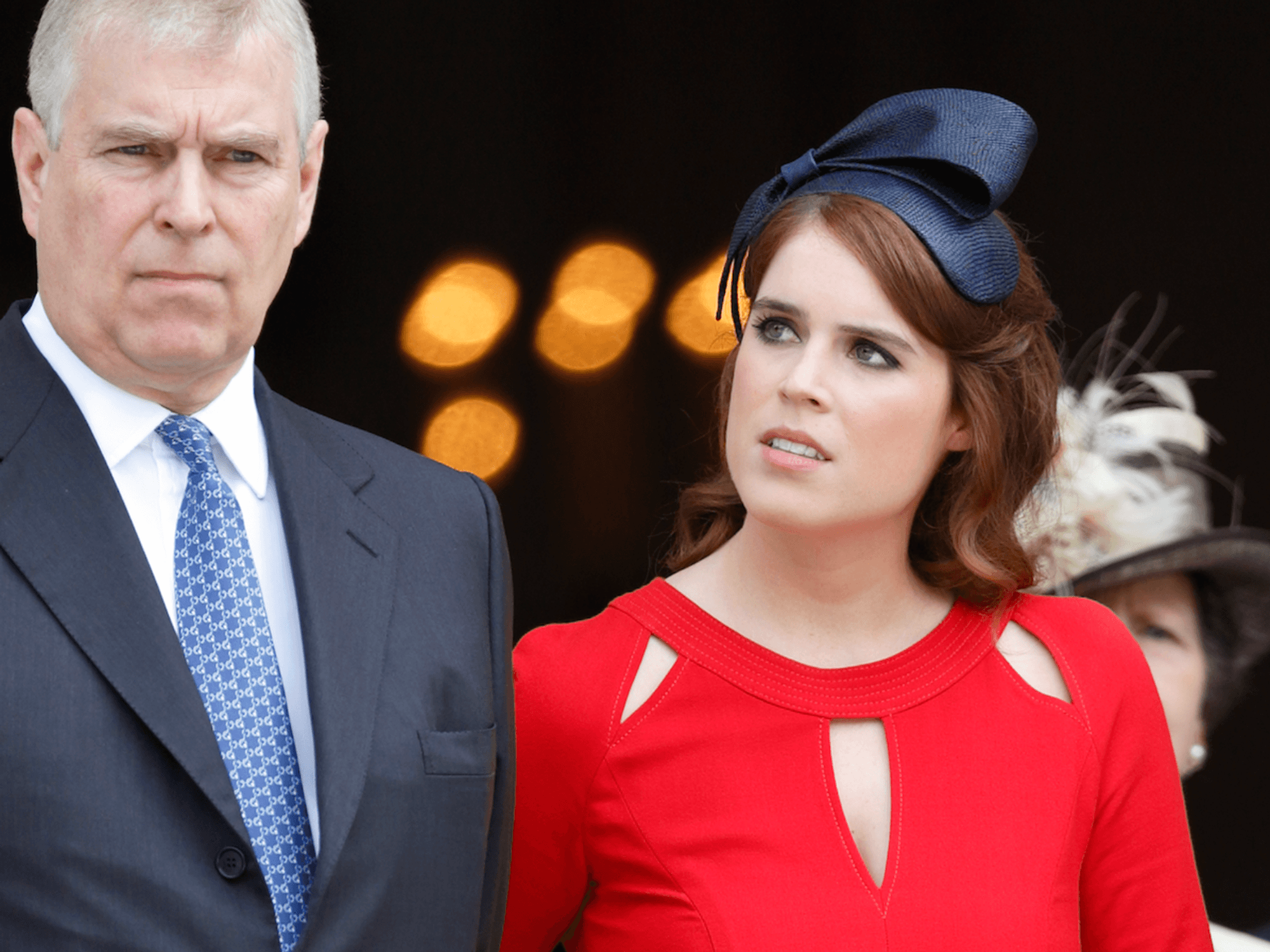School BANS singing K-pop songs to guard 'Christian ethos'

Patrick Christys reacts to a charity telling schoolchildren as young as five to write valentines day cards to asylum seekers |
GB NEWS

K-Pop Demon Hunters is one of Netflix's biggest ever hits
Don't Miss
Most Read
Trending on GB News
A primary school in Dorset has banned pupils from singing songs from the Netflix hit K-Pop Demon Hunters, citing concerns that references to demons clash with the institution's religious values.
Lilliput Church of England Infant School, near Poole, told parents that certain community members found the lyrics from the film "deeply uncomfortable" due to their Christian beliefs.
Lloyd Allington, the school's acting head teacher, told families that the institution needed to consider the varied religious perspectives within their community whilst maintaining their commitment to Christian principles.
The decision impacts songs from what has become Netflix's most-viewed original production, including tracks that have topped the UK Singles Chart.
TRENDING
Stories
Videos
Your Say
In his correspondence with parents, Allington explained: "For some Christians, references to demons can feel deeply uncomfortable because they associate them with spiritual forces opposed to God and goodness."
He further stated that "even fictional or playful use of this language can conflict with their faith, which emphasises rejecting evil rather than engaging with it - even in entertainment."
The acting head teacher characterised the situation as "a valuable opportunity to explore the diversity of beliefs within our community".
He said colleagues at the school should "consider how we can support those of faith who find these themes challenging."

The school had banned the singing of songs from the hit Netflix film
|GOOGLE MAPS
He emphasised the school's position as "a faith school, chosen by many parents for our commitment to fostering and upholding a Christian ethos."
The initial communication requested that families encourage their children to refrain from performing these songs during school hours.
The animated musical, which premiered in June, features a Korean pop group who moonlight as demon hunters.
It has shattered viewing records with 236 million views during its initial three months on the platform and has become one of Netflix's biggest ever hits.
LATEST DEVELOPMENTS

The Korean film has been one of Netflix's biggest ever hits
|GETTY
The film's soundtrack achieved unprecedented commercial success, with the track Golden by the HUNTR/X group topping the UK Singles Chart for 10 weeks.
Parents responded critically to the prohibition, with one describing it as "ridiculous" and noting: "My daughter is very into K-Pop and her and all of her little friends love it."
The parent, who identified as atheist, characterised the restriction as "a bit of an imposition and probably a bit unfair and silly."
They added that the songs were "just a harmless, a nice little thing for them to do to get their confidence up."

Audrey Nuna, EJAE and REI AMI of HUNTR/X from ‘KPop Demon Hunters' hit Number One in the UK for 10 weeks with Golden
|GETTY
Following parental feedback, the school issued a revised communication acknowledging the positive messages within K-Pop Demon Hunters whilst maintaining its stance on religious sensitivity.
Allington wrote: "We completely agree that values like teamwork, courage, and kindness are important for children, and it's clear from your feedback that many of you feel songs like Golden have helped your children learn about these themes."
The updated letter clarified that the school wasn't condemning the film.
It told parents they would not demand children to stop singing songs from the Net.
The school said: "We completely agree that values like teamwork, courage and kindness are important for children and it's clear from your feedback that many of you feel songs like Golden have helped your children learn about these themes.
"However, we want to reassure you that we are not asking parents to tell their children that there is anything wrong with enjoying the film or its songs if it aligns with your own views and beliefs, and this will not be the messaging we share in school either.
"Our role will simply be to help children understand that some of their peers may hold different views and to explore how we can respect and support those peers in upholding their faith."
More From GB News










